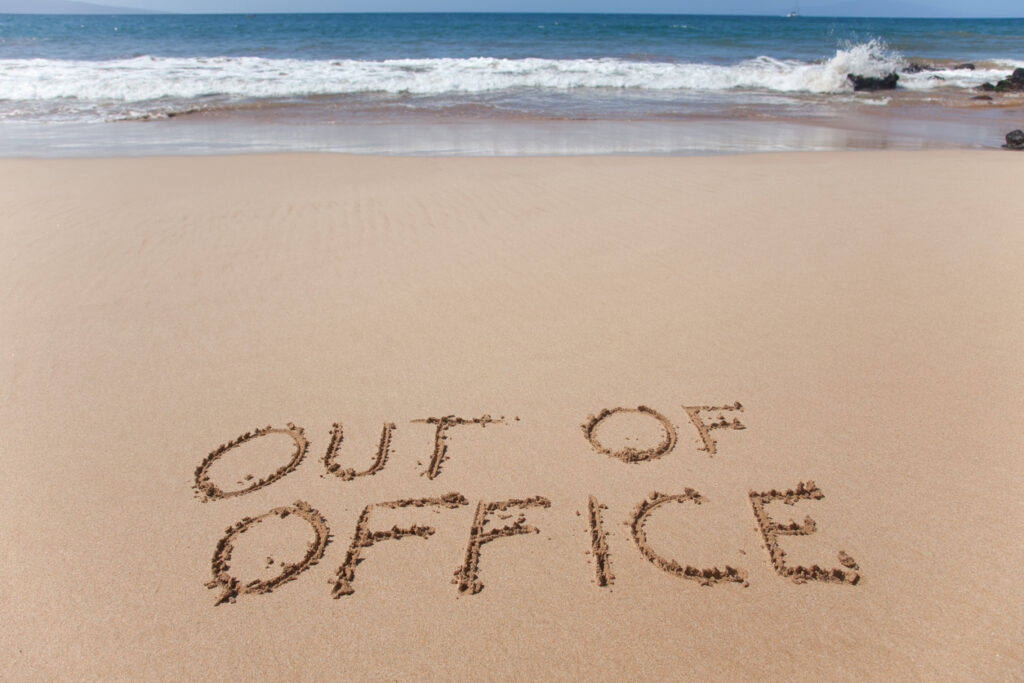Helping employees to learn a language, take up pottery or improve their golf swing may not be very high on most managers’ list of priorities, but a new study by the Resolution Foundation suggests that it probably should be.
Failing to ensure that individuals are getting enough leisure time can be costly for employers. Staff members suffering from burnout are almost two-thirds more likely to take a sick day, for instance.
Its latest report finds that although many men are doing less paid work than they did in the 1970s, they are spending much more time on unpaid tasks, from childcare to cleaning. By comparison, women are doing five hours and 18 minutes more paid work per week, but only two hours and 44 minutes less on unpaid work.
All of this means that people are spending almost an hour a day less on hobbies, socialising and other leisure pursuits, which can have big implications for their performance at work. It’s a problem that HR departments and company leaders need to tackle – and quickly.
Upsides to downtime
Failing to ensure that individuals are getting enough leisure time can be costly for employers. Staff members suffering from burnout are almost two-thirds more likely to take a sick day, for instance, according to a Gallup survey. Stressed or dissatisfied employees tend to have considerably lower confidence at work, too.
By contrast, staff who engage in fun activities outside of work tend to be motivated and content. In fact, happiness can make employees around 13% more productive, according to an Oxford University study. The quality of their work is likely to be better, too. A development team might come up with more innovative new products, for instance, or a call-centre worker may be more upbeat and therefore provide better customer service.
Businesses that provide a good work/life balance also tend to command greater staff loyalty, which can reduce the amount spent on recruitment. Retaining talented team members for longer will also help to give companies an advantage over their rivals.
For all these reasons, employers need to take the lead in ensuring that staff are adequately mixing pleasure with business, so that they come to work feeling energised, engaged and motivated. Ultimately, that will be the best way for businesses to build a loyal team that is ready, willing and able to excel in their roles.
Creating a caring culture
How can businesses know whether employees are getting enough leisure time? For a start, senior staff should be trained to spot when employees may be struggling with issues around work/life balance. If someone is unusually critical or lacking concentration, for example, it’s important for managers to find out why and address the issue head-on.
Given the current climate, a fear of job insecurity may end up encouraging presenteeism, which could leave employees feeling exhausted and disillusioned with work. Businesses need to combat this problem by instilling a culture in which people feel able to ask for time off when they need it.
HR leaders should also ensure that employees don’t feel compelled to check their email at the weekend or when they’re on holiday. Instead, why not get staff to provide detailed handover notes so they can relax when they’re away from work, safe in the knowledge that a colleague will be able to look after any tasks for them?
HR internal communications should also emphasise that the things staff do outside work are as valuable as what employees do in the office – and team leaders should lead by example. Managers may feel funny about sharing details of their latest tennis lesson with the team, but discussions like these can often help teams to bond by extending the conversation beyond just work alone.
Linking benefits to leisure time
Many businesses are also using employee benefits to help staff make the most of their leisure time. Perks like subsidised gym memberships and discounted theatre tickets can make employees’ lives outside work much more enjoyable. Likewise, rewarding good performance with vouchers for days out not only helps employees feel valued, but also makes their leisure time more memorable and fulfilling.
Remote working is also likely to remain a popular benefit, so HR departments should think about integrating this model more deeply into their company culture. The Covid-19 lockdown has given many workers more time to spend enjoying themselves, rather than being stuck on crowed commuter trains, so many won’t be keen to go back to their old, more frantic lives.
This flexible approach to work not only helps workers avoid lengthy daily commutes, but it can also make employees’ leisure time much more satisfying. For example, by starting work a bit earlier, an employee may be able to finish in time to see their child’s cricket match in the evening.
[cm_form form_id=’cm_65a14c3f5da64′]
The Resolution Foundation study is a timely warning to firms that they need to get to grips with these issues – both for their employees’ wellbeing and the company’s long-term success. The next few years could be tricky for the economy and people’s home lives, so it’s vital that HR managers and other leaders give staff all the support they need to live their best lives, both inside and outside of work.
Interested in this topic? Read The future of work: how Covid-19 will change working culture for good.







